

THE AIM OF THE PROGRAM
Global upheaval, sparked by the pandemic followed by the technology take over, has exposed systemic fragility. Economic challenges are just the beginning of a looming crisis.
The Global Citizen Program transforms how individuals aged 25-65 tackle modern challenges. By teaching sustainable living and fostering a deep bond with nature, we empower participants to build resilience and promote sustainability. Embracing minimalism and enhancing existing skills, they become adaptable professionals, prioritize happiness, and balance their lives across social, professional, and commercial spheres.
The Global Citizen Program is built on a powerful vision: equipping individuals to become independent changemakers by creating meaningful, sustainable, and ethical projects. Participants engage in a journey that combines practical learning with real-world impact, using their time with TGG to shape a future where community, sustainability, and collaboration come together. This program is designed to help individuals grow into leaders who can address pressing global challenges while staying rooted in ethical principles.
Each participant brings their own goals—some aim to design eco-friendly housing, while others focus on community-driven initiatives or innovative solutions for global changes. Through hands-on activities and expert guidance, these ideas are transformed into concrete projects that align with the values of environmental care and responsible living. The TGG setting serves as both a workspace and a learning space, where participants immerse themselves in local cultures, work together to solve problems, and gain the skills needed to bring their visions to life.
The program also nurtures a sense of shared purpose. Participants learn that lasting change requires teamwork and collaboration. By working across disciplines and engaging in open dialogue, they develop solutions that benefit communities while strengthening their own leadership abilities. These experiences build resilience, empathy, and a strong awareness of how global issues are interconnected. Armed with the tools to launch their own ethical initiatives, they carry forward the values of TGG, proving that collective action can create a better, more compassionate world. Through their efforts, they become the driving force behind lasting change, leaving a legacy of self-reliance and shared purpose that extends far beyond their time in the program.
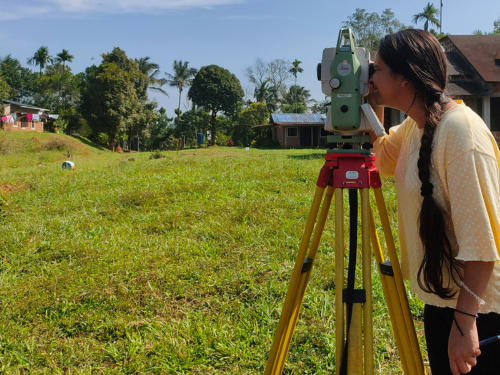
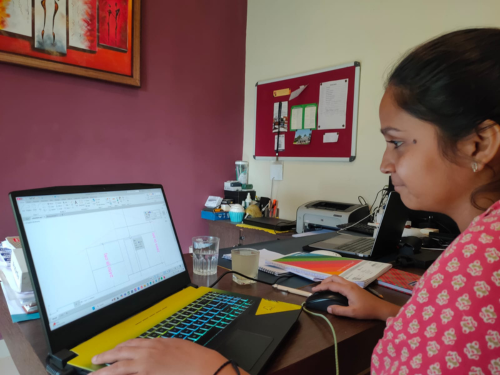


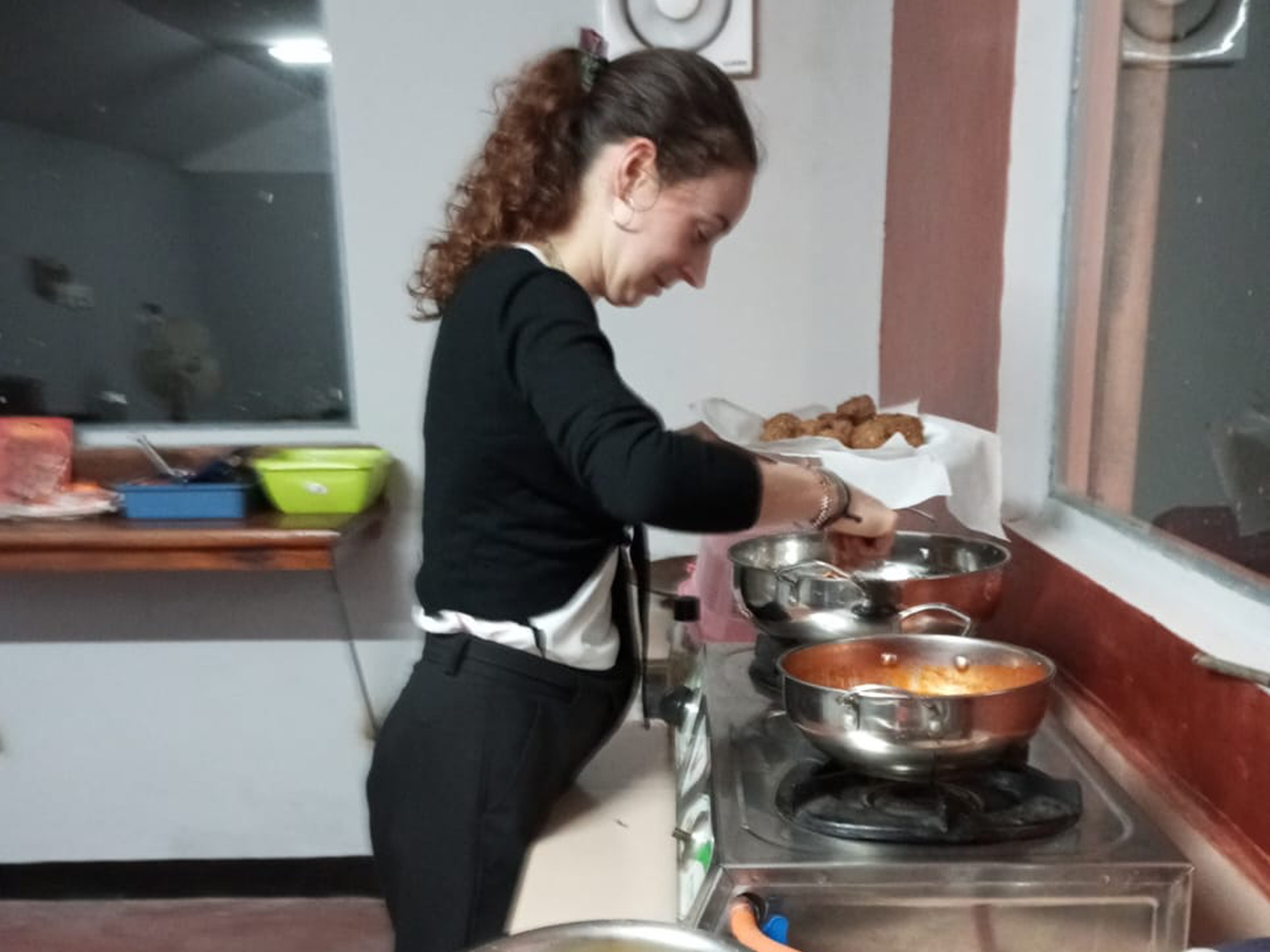
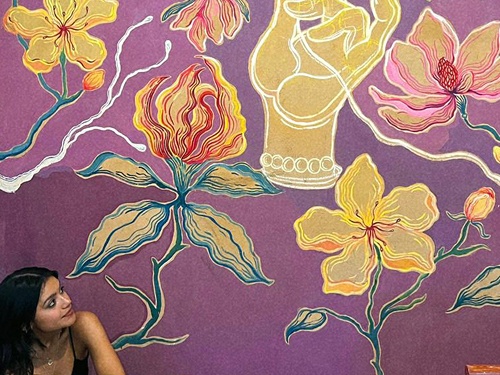


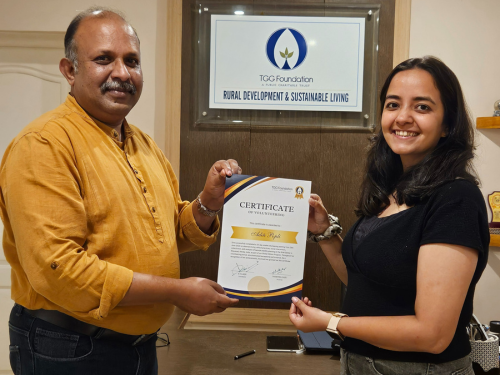
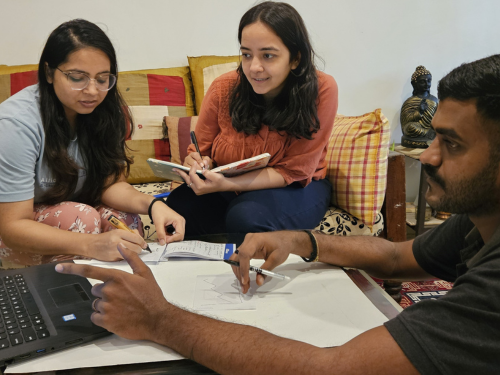
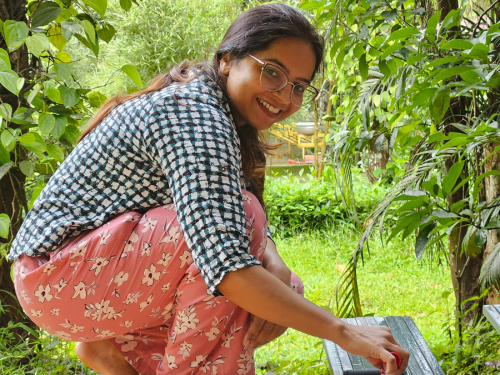
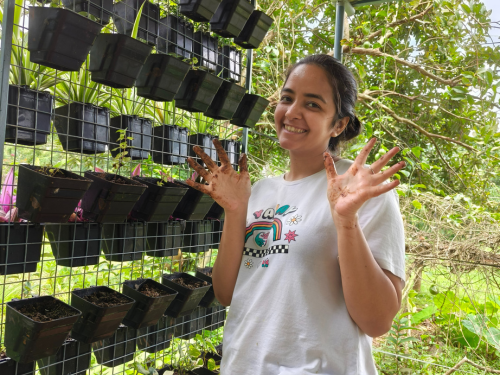
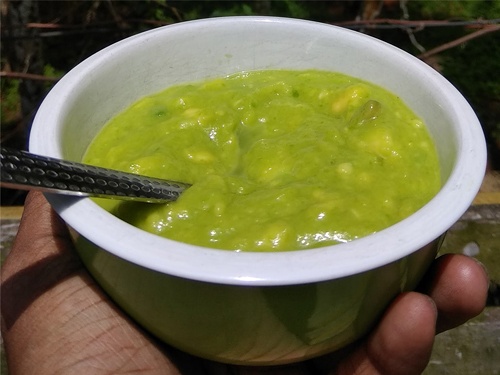





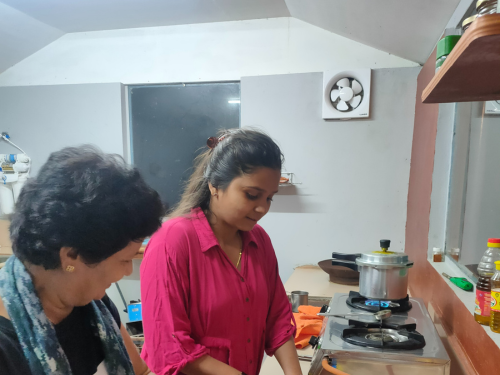

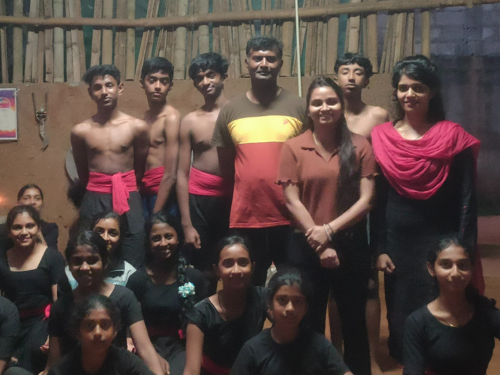
The Global Citizen Program benefits a diverse group of individuals, including:
1. Aspiring Digital Nomads & Remote Workers – Gain practical skills to sustain a location-independent lifestyle while balancing work and travel.
2. Young Professionals – Experience hands-on learning, sustainability practices, and minimalism while enhancing career prospects.
3. Entrepreneurs & Startups – Leverage technology for revenue generation and explore sustainable business opportunities.
4. Sustainability & Social Impact Enthusiasts – Engage in community development and contribute to ethical, eco-friendly initiatives.
5. Travelers & Cultural Explorers – Immerse in diverse cultures while learning new ways to lead a meaningful and sustainable life.
1) Minimalist Accommodation – Twin-sharing dormitory provided by TGG Foundation.
2) One Major Meal a Day – Bruch at 11AM, tea, coffee and other lite refreshments.
3) Comprehensive Training – A structured program with both remote and onsite learning.
4) Certification – A certificate of participation upon successful completion.
5) Project Integration – Opportunities to develop sustainable revenue streams.
6) A Supportive Family – Opportunity to collaborate for collective action.
ACCOMMODATION OPTION:
Earth House with ensuite bath is offered at an additional Sustainable Development Fee of Rs. 600 per day for a single person or Rs. 1000 per day for couples looking for better comfort
MEALS:
We follow the OMAD (One Meal A Day) system, serving a wholesome brunch at 11 AM. A community kitchen is available for participants who wish to prepare additional meals. Homegrown tea, coffee, and seasonal fruits are also provided.
Alignment with our mission: Once your application is accepted the initial step towards participating in our Global Citizen Program at TGG Foundation is to complete a one-time registration at https://tggfct.org/responsible-human-mission/.
Book your Accommodation: Once an RHM Registration number is received by you, reserve your spot by paying an advance of Rs. 5000 for accommodation. Once your participation is confirmed with an advance deposit, a bed will be reserved for you. Please note that if you choose to cancel, the deposit will be fully forfeited.
Clarity and Connection: It is essential to have a clear understanding of our culture and knowledge-sharing program, as well as the distinction between Associate/Monitoring Committee/Freelance opportunities when considering a visit to our organization. Our focus is to help you identify your inherent talents, interests and the ways to lead a more sustainable living that causes minimal damage to the planet and less exploitation of yourself. We operate with responsible freedom-
1) Live a life that is not driven by the society thus creating less pressure to the planet and to yourself.
2) Develop a deep understanding of global challenges and interconnectedness.
3) Equip participants with the skills and knowledge to drive positive change and to generate multiple revenue stream.
4) Build a network of like-minded individuals committed to creating a sustainable future.
Additionally, we provide volunteering opportunities in community development initiatives.
Equally important is the alignment of one’s values with our organization’s mission, encapsulated under the Responsible Human Mission. Understanding and connecting with these values will not only enrich your experience but also enhance the impact of your contribution for common good.
Identify your skills and knowledge to exchange: Having a clear plan of action is essential for any participants, especially for those who are providing skill-based training in a specific field. It is important to understand the needs and requirements of the organization that you will be working with, and to develop a plan that aligns with their goals and objectives. For example, if you are providing construction or technology expertise to a rural development charity like TGG Foundation, you may want to consider the specific needs of the organisation and develop a plan that addresses those needs. This may include providing hands-on support for specific projects, helping to develop new fundraising strategies that can support ongoing initiatives and participate in fundraising. In addition to having a clear plan of action, it is also important to stay organized and communicate effectively within the organization you are working with. This may include regular check-ins and progress updates, as well as maintaining open lines of communication throughout your training period. By taking these steps and developing a clear plan of action, you can ensure that your exchange is productive and meaningful, while also making a positive impact in the community you are working with.
Plan your trip: Once you have chosen a project, an RHM Registration is obtained and a slot is reserved, start your remote volunteering at least 15 days before arrival, consider the length of the program, the season, and any visa or travel arrangements required. You can also regulate your food habits at least 15 days in advance.
Choose your engagement wisely: We provide 3 types of opportunities. Choose the most appropriate one and book your accommodation.
ASSOCIATE: For those who are interested to engage in project management of TGG.
MONITORING COMMITTEE: For those who are interested to engage in day-to-day activities of TGG.
FREELANCER: For those who wish to explore the world by traveling to different destinations and contributing remotely.
Remote volunteering & Online Integration: Participants are asked to complete an online familiarization program & align them before their arrival. This will ensure a smoother transition and reduce the need for extensive assistance upon arrival, enabling them to seamlessly integrate into our projects in a more organized way.
Items to carry: Other than your personal belongings, items that you need to carry for the onsite engagement program are Cloths to wear during field work, Garden Gloves, Mask, Safety Glass, Gumboot, Cap, laptop, essential medicines, rain preparedness if visiting during monsoon, etc.
Disclaimer: By filling up the application form and submitting it, you acknowledge and agree to the following:
1. Voluntary Participation: I am participating in the Global Citizen Program undertaken by TGG Foundation of my own free will, without any promise of compensation or employment.
2. Assumption of Risk: I understand that my participation may involve various activities that could pose a risk of injury or harm. I accept and assume all risks associated with my activities.
3. Waiver of Liability: I hereby release and hold harmless the TGG Foundation, its officers, trustees, members, beneficiaries and agents from any and all liability, claims, and demands of whatever kind or nature, either in law or in equity, which arise or may hereafter arise from my activities with the TGG Foundation.
4. Medical Treatment: I will obtain the necessary medical insurance coverage having hospital facilities in Wayanad at my own cost and will protect myself from illness or injuries during my activities and will not expect any monitory support from TGG Foundation.
5. Confidentiality: I agree to respect the confidentiality of any information I may have access to during my activities and will not disclose any such information without proper authorization.
6. Photographic Release: I grant the TGG Foundation the right to use photographic images and videos of me taken during my activities for promotional purposes.
I have read and fully understand this disclaimer, and I voluntarily agree to its terms.
Be respectful and open-minded: When engaging in a different culture, it’s important to be respectful and open-minded. Take the time to learn about the culture and customs of the community you will be working with and be willing to adapt your behavior and communication style as needed. Be open to new experiences and perspectives and be willing to learn as well as teach.
Keep them out before entering: Please leave your ego outside before entering in any of the centers created by TGG; there’s no room for them here. We kindly request that you approach with humility and acknowledge the tremendous effort it takes to create such an opportunity. We extend the same courtesy and respect in return since we too realize the effort taken by you to travel all the way to meet us here to participate in this program.
Office Activities: Promotion of Programs, Establishing Collaborations, Fundraising for projects in progress, Design thinking, Creative communication and Documenting.
Volunteering Activities: Community development projects mainly related to TGG Aid projects, social media promotion, videography & photography and vegetable cultivation.
Common Activities: Cooking & cleaning, collecting dry leaves, vegetable garden maintenance, harvesting, watering plants, social media promotions, videography & photography, etc.
Our Practice: We practice minimalism at the RHM Center hence we encourage two major meals a day, recycling & upcycling, simple living, low carbon footprint, sharing resources and cost-effective travel. Alcohols and Smokes are strictly prohibited.
Culture Exchange: The hosts at the RHM Center are the founders of TGG. They are passionate about connecting with individuals who are drawn to a simpler, more intentional way of life. Their journey has shifted from focusing on “I” to embracing “WE,” and they aim to inspire others to follow a similar path in their mission to create an inclusive world.
By keeping their lives simple and aligned with their mission, they have created space to support those starting transformative journeys. They believe in nurturing impactful connections and guiding others toward a life rooted in community, mindfulness, and purpose. They invite others to join them in exploring the beauty of simplicity and collective growth.
Knowledge Exchange We will assess your enthusiasm, dedication, abilities, and talents while you engage with us, and we will provide opportunities for you to explore and develop them until you feel confident and excel in your chosen area. Throughout your engagement period, you will also gain knowledge about our alternative way of living, the advantages of collaboration in a competitive world, and practices to attain financial independence. On Sundays, there is no obligation to participate in any activities, especially if you plan to be out for the entire day.
Cooking Facility: At the RHM Center, we’ve set up a community kitchen for everyone who comes here. This facility will be shared by other participants too. Please feel free to cook any food of your choice and by respecting the preferences of other members too.
You are responsible for your own safety: Wayanad is a district enveloped by numerous small forests, expansive reserve forests, and wildlife sanctuaries. The region’s lush greenery is predominantly due to the extensive plantation activities, including tea, coffee, and fruit trees, which offer a welcoming habitat for wildlife, particularly during the night. When traveling at night, it is of paramount importance to exercise the utmost caution. We strongly advise all visitors to remain inside their rooms between 10:00 PM and 6:00 AM, as a precautionary measure to ensure your safety and to minimize any potential interactions with wildlife.
Termination of participation: We’re doing our part to help build a responsible community through our different projects, and we’re not expecting anything in return. When you are participating for these initiatives, you’re also playing a role in being socially responsible. In this whole journey, TGG Foundation and its members aren’t the ones benefiting; it’s you who gets the chance to grow as a person in a world that often emphasizes material things. However, if at any point we see that your goals don’t align with our social responsibilities, we may have to end your training program and cancel your RHM Registration.
Participants who have successfully completed the Global Citizen Program and earned their certificate are eligible to:
1. Recruit volunteers/interns to develop your project
2. Raise funds through the TGG Grant to support training programs
3. Raise funds through TGG AID to support community development projects
These initiatives empower certified Global Citizens to implement meaningful projects while fostering sustainable development and community well-being.
Wayanad is a district enveloped by numerous forests, plantations and wildlife sanctuaries, all welcoming habitats for wildlife. We strongly advise all visitors to remain inside their rooms between 9:00 PM and 6:00 AM and to minimize any potential interactions with wildlife. Also, during adverse weather conditions, you are requested no to visit ecologically sensitive areas including waterfalls and hills as a precautionary measure to ensure your safety.
Many tourist places are closed on Mondays, so it’s a good idea to plan your visits on your days off. You can find more information at Wayanad Tourism. The nearest bus stop to the RHM Center is ONNEYAR, just 1 km away. You can also take an auto or taxi to get around. The closest train stations are Kozhikode and Mysore, both about 100 kilometers away. The main bus station near the RHM Center is Sulthan Bathery, approximately 18 kilometers away. The nearest airports are Calicut International Airport, Kannur International Airport, and Mysore Airport, all approximately 100 kilometers from Wayanad.
The Global Citizen Program is a 30-day onsite program that requires full attention and efficient use of time. The day begins at 8:00 AM and concludes at 10:30 PM. International travelers can easily participate with a tourist visa, making the program accessible to a global audience. Immerse yourself in a transformative experience tailored to your needs and schedule.
FOR QUALIFIED PROFESSIONALS
To engage in Project Management of TGG
Includes: Food, Accommodation, Training & Integration support
FOR EXPERIENCED INDIVIDUALS
To engage in day-to-day activities of TGG.
Includes: Food, Accommodation, Training & Integration support
FOR EXPERIENCED DIGITAL EXPERTS
To engage in remote work opportunity.
Includes: Food, Accommodation, Training & Integration support
EXPERIENTIAL MEMORY